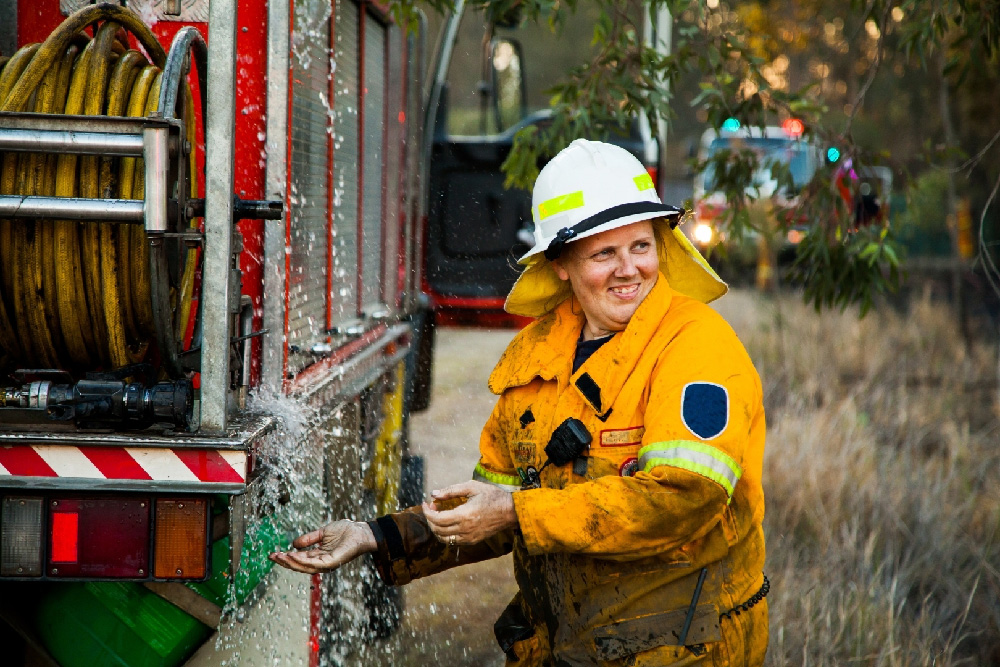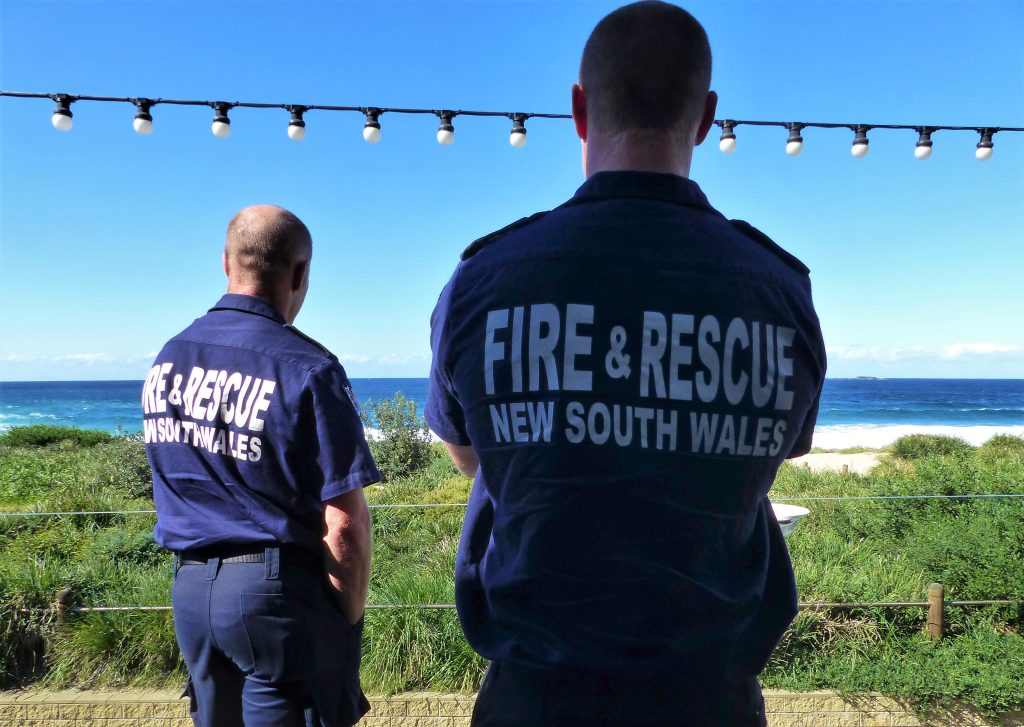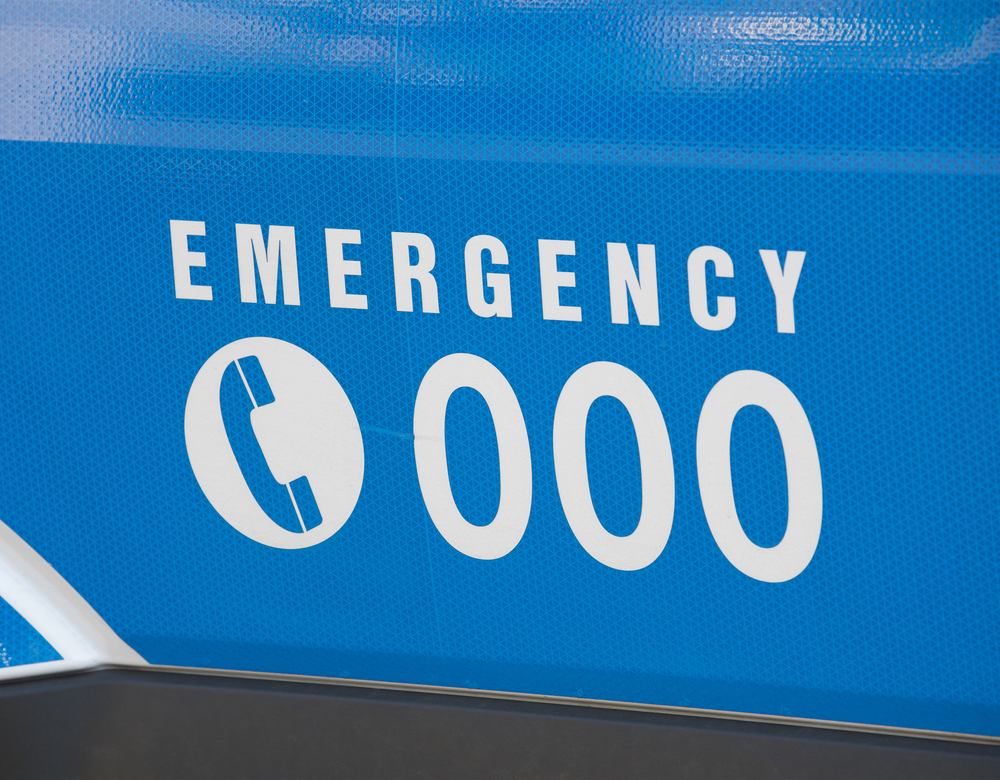Post-traumatic Stress Disorder (PTSD) is a serious mental health condition that can develop after exposure to a traumatic event. In the context of the workplace, it often arises following incidents such as workplace accidents, violence, or exposure to distressing situations, especially in high-risk industries like emergency services, healthcare, and frontline roles.
PTSD is one of the most commonly reported psychological conditions arising from the workplace.
Workers compensation claims for PTSD have a median duration of 50 weeks, so a significant amount of workers are off work for a year or more.
PTSD describes a severe and persistent mental health impairment that can occur following exposure to a single or multiple traumatic events. An individual with PTSD typically has four clusters of symptoms: re-experiencing symptoms; avoidance symptoms; negative cognitions and mood associated with the traumatic event; and arousal symptoms, including insomnia and irritability.
Here you will find a collection of resources for workers and their families to help them from the impacts of PTSD and psychological injuries.
Our officially-endorsed videos, guides and articles have been developed through collaborations with Black Dog Institute and Phoenix Australia: Centre for Posttraumatic Mental Health.
About PTSD
Guides and videos
Getting back on the road after PTSD
Andrew Mifsud has been driving trucks for more than 30 years, but nothing could prepare him for the impact of witnessing a serious road accident, which resulted in the death of a young woman.
The psychological impact of witnessing this traumatic incident were enormous and Andrew was diagnosed with PTSD. Read his full story here.
Emergency services
Emergency services personnel with work-related psychological injuries like PTSD now benefit from better support than ever before.
Read our articles and review our guides on best-practice treatments for PTSD among emergency service workers. Watch these videos for tips on protecting mental health and supporting recovery.
Further resources
A not-for-profit which is internationally recognised as a pioneer in the identification, prevention and treatment of mental illnesses, and the promotion of well-being.
Phoenix Australia: Centre for Post-traumatic Mental Health
Phoenix Australia is a not-for-profit organisation that promotes recovery for the 15 million Australians affected by trauma.











